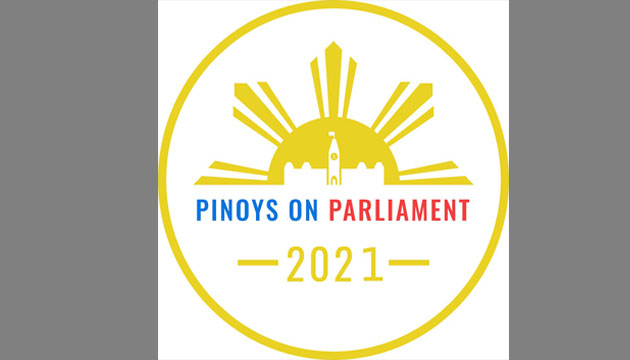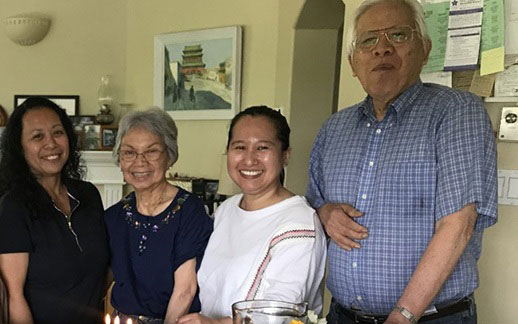Filipinos and other members of the Black, Indigenous and People of Colour (BIPOC) communities have borne the brunt of COVID-19 infections in Manitoba.
This was revealed in an official report released by the provincial government of Manitoba on March 1.
Manitoba was the first province in Canada to collect pandemic data based on race, ethnicity and Indigeneity or REI.
The report indicated that 51 percent of people tested positive for COVID-19 in Manitoba from May 1 to December 31, 2020 self-identify as BIPOC.
“This is 1.5 fold higher than expected, as 35 per cent of people in Manitoba belongs to a BIPOC group,” the paper stated.
People of Indigenous origins accounted for 17 percent of infections even though their population accounts for only 13 percent.
Filipinos come second, representing 12 percent of COVID-19 infections. People, whose heritage traces back to the Philippines, represent seven percent of the population in Manitoba.
People of South Asian origins accounted for eight percent of cases. They represent three percent of the province’s population.
Manitobans of African heritage represented six percent of COVID-19 cases. They account for two percent of the population.
People of white ancestry make up 64 percent of the population. They accounted for 48 percent of COVID-19 infections.
“These data tell us that some racialized groups, specifically African, Filipino, North American Indigenous, and South Asian, are over-represented in COVID-19 case counts,” the report stated.
Moreover, “This also shows us that White people are under-represented by 16 percentage points.”
The report also noted that data from around the world has shown that COVID-19 infections are “not evenly distributed by population groups”.
“Collecting REI data helps us know which communities the pandemic is affecting the most and how to help them,” the document stated. “This is a component of reaching health equity.”
It also noted that during challenging times like the ongoing pandemic, “pre-existing inequities tend to be intensified, creating an unequal playing field in terms of how people experience and are affected by the spread of novel coronavirus”.
“Systemic racism, that is the differential access to the goods, opportunities and services of society by race, determines where and how people are positioned to experience the pandemic,” the report said.
The document also observed that cases among Filipinos in Manitoba “show the greatest disparity in population size burden of COVID-19”.
“Filipino women are slightly more affected by men,” the report added.
Filipino women make up seven percent of the female population in the province. They account for 13 percent of COVID-19 female infections.
Filipino men account for seven percent of the male population of Manitoba. They represent 11 percent of male infections.
In addition to “systemic racism”, other factors can increase the risk of infections among BIPOC communities, the report noted.
These include “exposures to COVID-19 through employment such as occupations that are direct service provision or considered essential work”.
Another factor is “overcrowded or inadequate housing or experiencing house-lessness”
Heather Stefanson is Manitoba’s Health and Seniors Care Minister.
On March 1, following the release on that day of the report, Stefanson issued a statement saying it is “important to understand how the COVID-19 pandemic has affected Manitobans differently based on their race, ethnicity or indigeneity”.
“That is why Manitoba was the first jurisdiction in Canada to start collecting this data in relation to COVID-19 cases in May 2020,” the minister said.
She recalled that public health officials compiled the report, and an advisory working group with representatives from BIPOC communities supported the data collection and sharing process.
“This report is just another example of how we are guided by science and facts when developing a strategy for our pandemic response system and vaccination distribution plan, to protect every Manitoban,” Stefanson said.
On August 1, 2020, Canadian Filipino Net published a commentary arguing for the collection of race-based data in connection with the COVID-19 pandemic.
The piece was written by RJ Aquino, a Vancouver-based Canadian Filipino advocate.
“Effective and sound public policies are informed by data and without this data, how are we to know the severity of the issues affecting our communities?” Aquino asked.
To read the commentary: https://bit.ly/38zHybM













